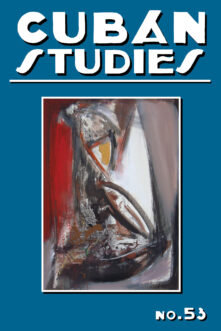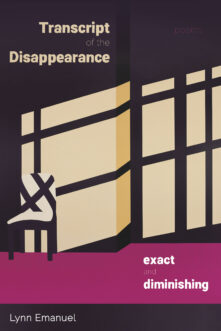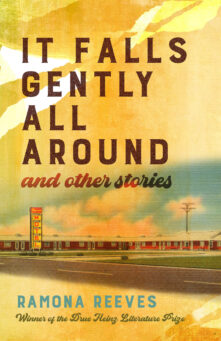Books
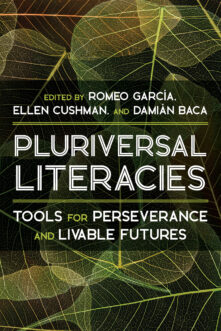
Pluriversal Literacies
Tools for Perseverance and Livable Futures
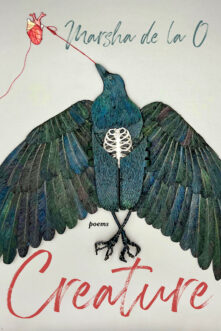
Creature
Poems
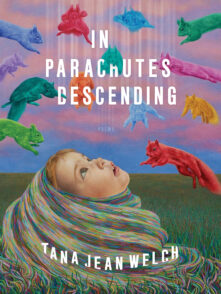
In Parachutes Descending
Poems
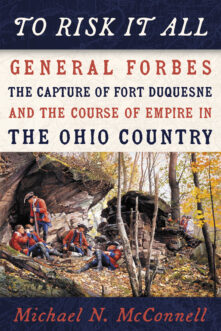
To Risk It All
General Forbes, the Capture of Fort Duquesne, and the Course of Empire in the Ohio Country
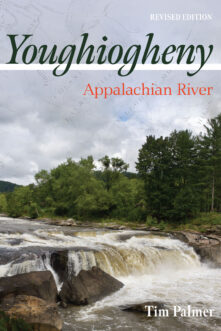
Youghiogheny
Appalachian River, Revised Edition
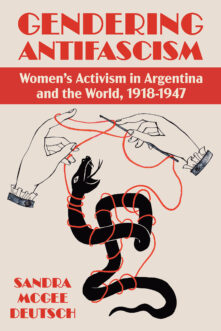
Gendering Antifascism
Women's Activism in Argentina and the World, 1918-1947
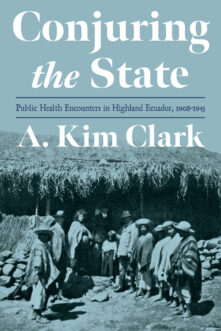
Conjuring the State
Public Health Encounters in Highland Ecuador, 1908-1945
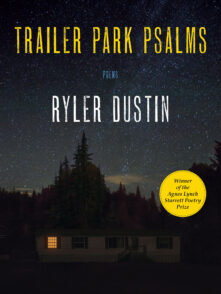
Trailer Park Psalms
Poems
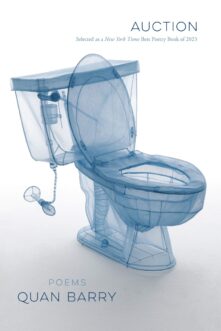
Auction
Poems
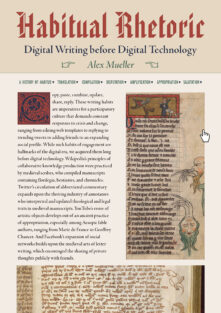
Habitual Rhetoric
Digital Writing before Digital Technology

Take Me to Stavanger
Poems
Total 1559 results found.


